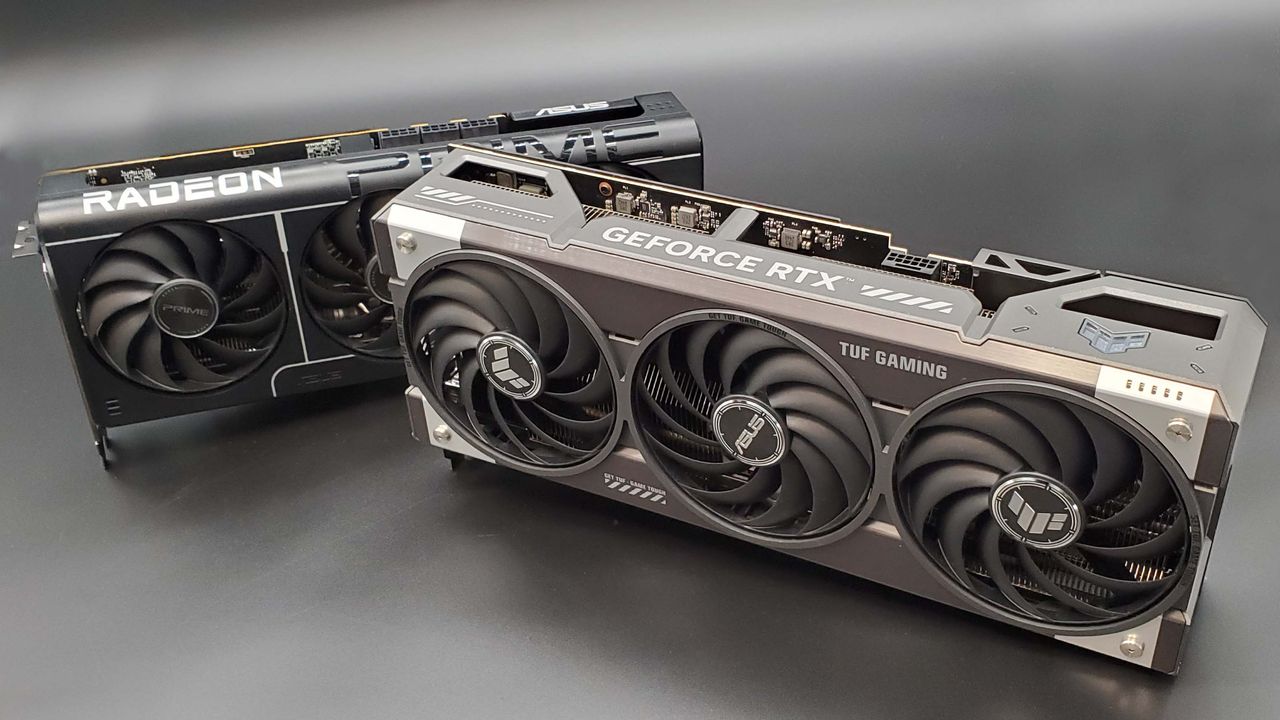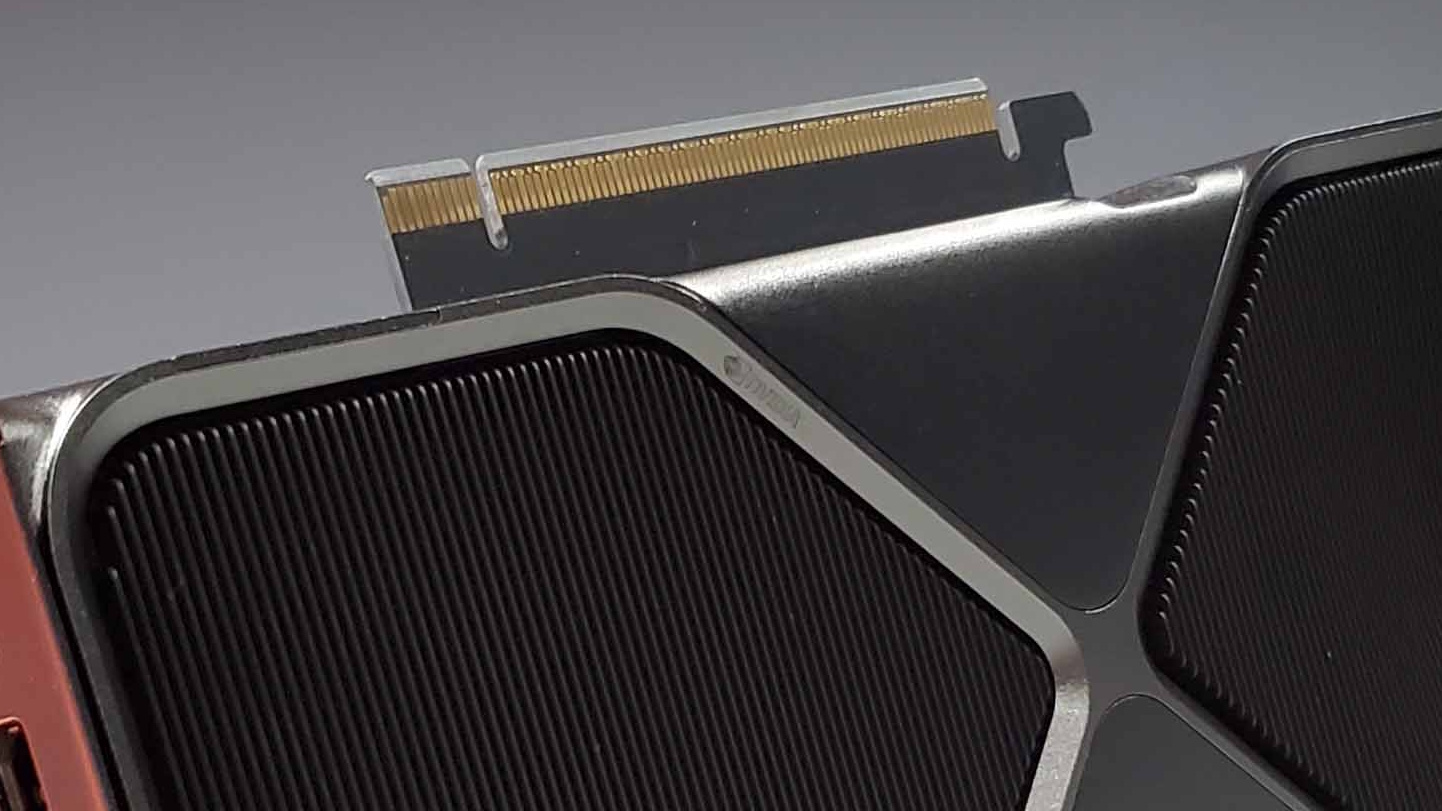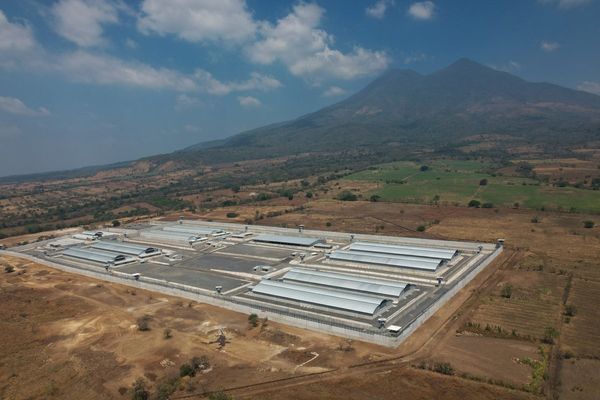
According to a post on Chinese social media platform Weibo, AMD is planning to ramp up graphics card prices in response to the ongoing squeeze on memory supply. The post says that AMD has already implemented an increase for its industry customers that has yet to show up in retail prices, but this new hike will be larger, likely resulting in higher retail prices for gamers.
Lonely City Hardware on Weibo (via harukaze5719 on X) says, "AMD’s GPU lineup already saw a price increase around October, but the increase was not large, so it has not yet significantly impacted the cost of graphics cards on the market."
That's unfortunately set to change thanks to a "second wave" of price increases from AMD. "AMD’s internal communication indicates that the price of graphics memory has risen significantly. The next wave will involve price increases for both GPUs and graphics memory. The magnitude of the increase may be greater, possibly leading to higher end-market graphics card pricing."
The scale and precise timing of the increases is said to be as yet unknown. There's no mention of any specific GPU models, though the assumption is that the impact will be across AMD's portfolio, including its latest Radeon RX 9070 GPUs.
Sadly, all of this squares with off-the-record comments we've heard from various manufacturers and retailers concerning an impending GPU price spike. Long story short, this narrative has hit critical mass and it now seems very likely that GPU prices will be going up.

The memory price spike has, of course, already hit PC RAM kits and is largely attributed to the massive boom in demand for AI hardware. It was, therefore, pretty much inevitable that it would eventually impact the memory that goes into PC gaming graphics cards and thus effect retail GPU prices.
Of course the datacenter/AI factory memory is a different kind of memory to that going into graphics cards, but the skewed demand means that manufacturing reserves will more likely be switched from one to the other. The memory manufacturers are also unlikely to massively increase its supply, either. They've been burned by bubbles in the past, leaving them with vast inventories of memory they end up having to shift on the cheap, and neither Samsung nor Micron nor SK Hynix wants to be left holding the RAM baby if the AI bubble goes pop.
Moreover, while this particular report relates to AMD GPUs, odds are the impact will be market wide. In other words, you wouldn't bet against prices of Nvidia graphics cards going up, too.
All of which means that it now seems highly, highly unlikely that we'll see killer deals on graphics cards this Black Friday. But if there are any, the strong advice now is to jump on them.
In fact, if you're in the market for a graphics card, gaming PC, or gaming laptop at all and you spot a reasonable deal, pulling the trigger ASAP seems like sensible advice. All the pointers are that prices are only heading in one direction for the foreseeable future.














